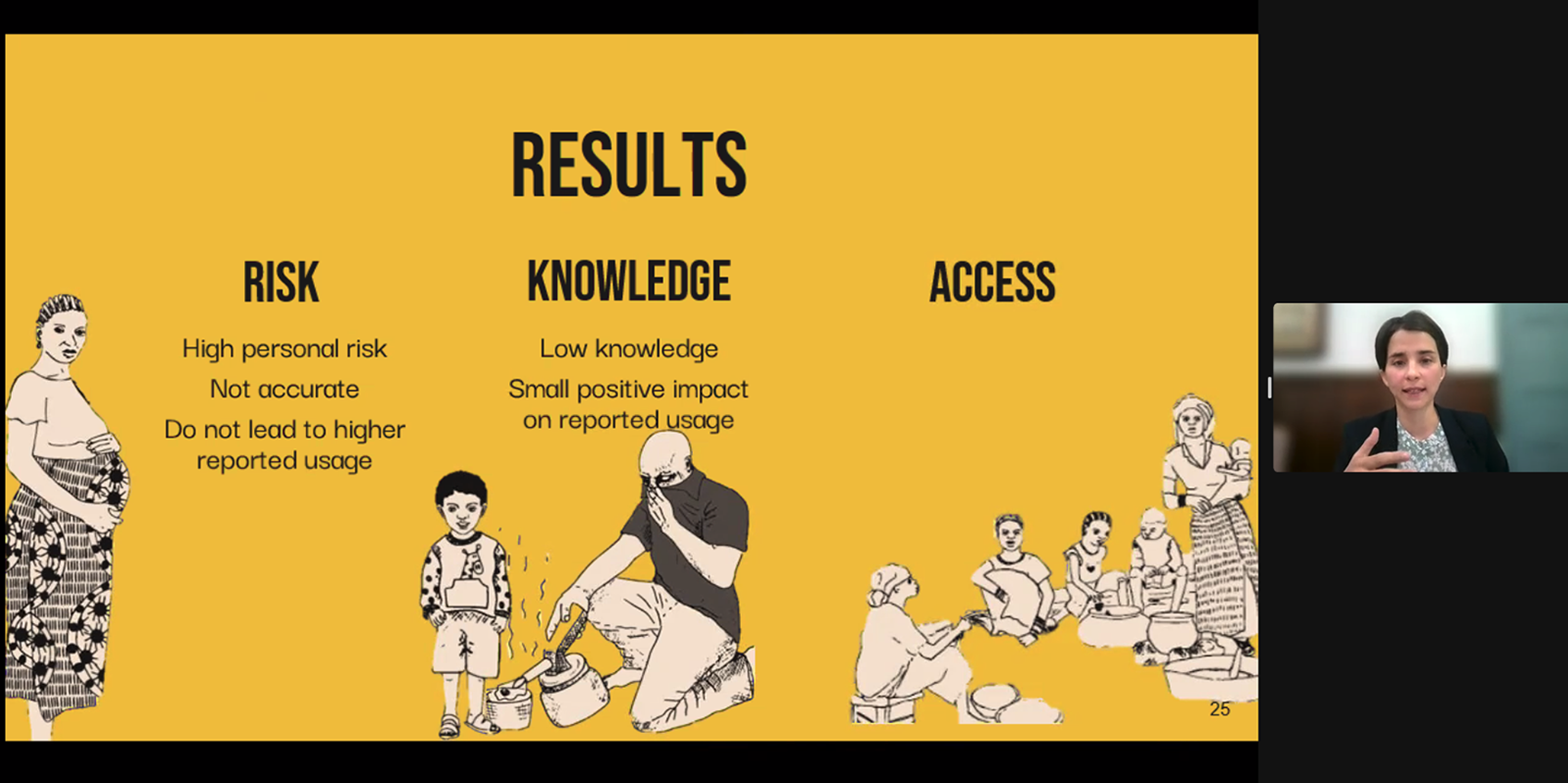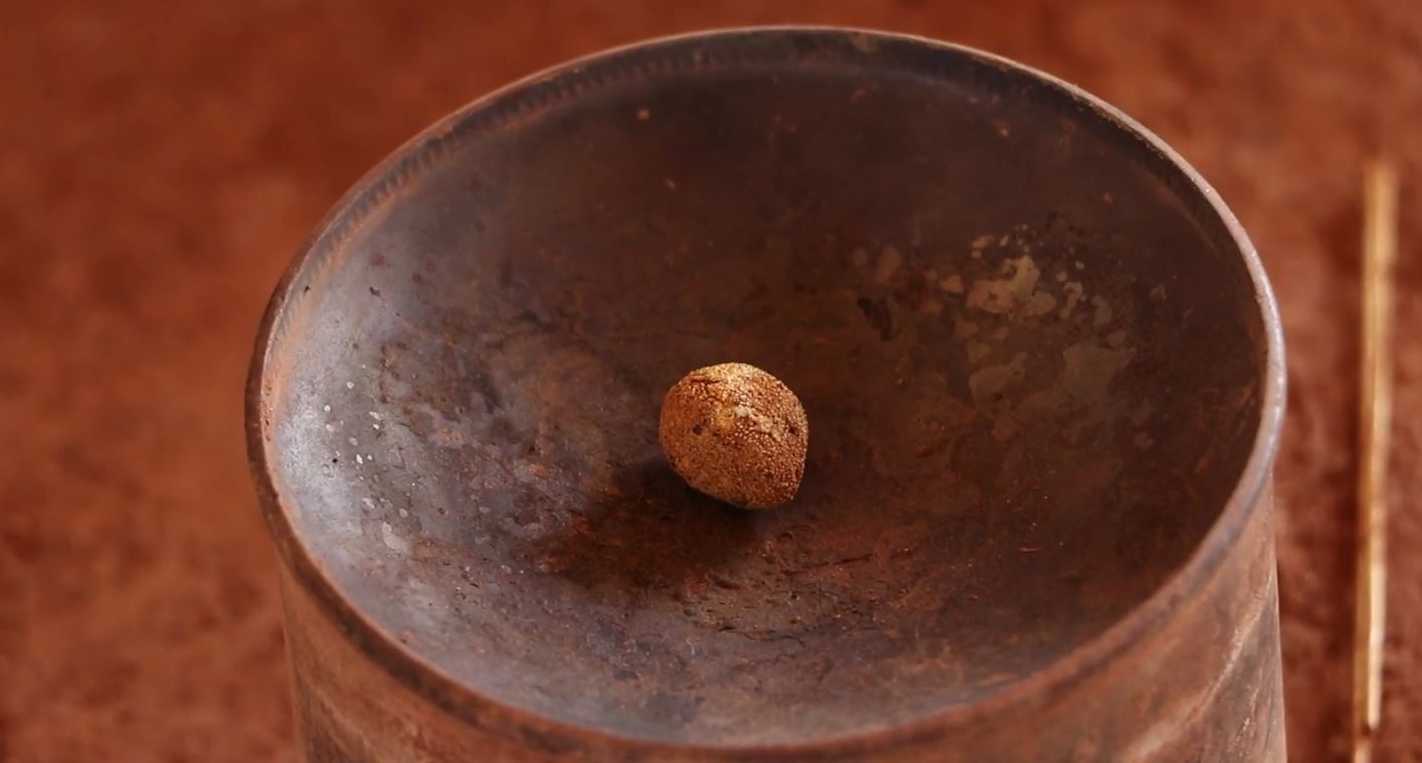Towards responsible gold supply chains
Congrats to Antoinette van der Merwe for her doctoral defence and her outstanding research on various ways to alleviate problems in the gold supply chain, specifically gold mined by artisanal miners.

Switzerland is the second largest gold importer in the world, but where and how is it mined? In Antoinette van der Merwe's overarching PhD, she has researched the entire supply chain from the miner in Burkina Faso to the consumer in Switzerland with new important lessons for more responsible gold trading and consumption.
Gold is an important metal used to invest, celebrate, and even communicate (since gold is used in phones and other electronic devices). Around half of all gold mined today is made into jewellery. This dependency on gold in high-income countries could contribute to human rights abuses and environmental degradation where gold is mined, since illegally mined gold finds its way into formal supply chains.
From artisanal to urban mining
In her PhD, as part of the Swiss Minerals Observatory group at the ISTP, Antoinette used a range of methods, including interviews with miners on four artisanal mines in collaboration with partners in Burkina Faso to understand ways to make artisanal mines safer to work and the impact of COVID-19 on miners’ livelihoods. Antoinette also used satellite images and large secondary datasets to determine the impact of the mines on surrounding households.

Lucrative but dangerous
She finds artisanal mines have a large potential to alleviate poverty but that local gold markets are vulnerable to external shocks like the COVID-19 pandemic. Despite high potential to alleviate poverty, artisanal mines are dangerous working environments, which Antoinette found could be improved by giving miners access to proper personal protective equipment and training.
Discarded but valuable
In Switzerland, Antoinette conducted an experiment to collect old mobile phones for recycling to reintroduce the embedded metals in a phone back into formal supply chains to alleviate pressure on primary resources. Almost 1,000 mobile phones were collected in the experiment, with embedded metals with a true cost of almost USD 20,000 (market value and environmental savings).
For more information about Antoinette’s research, please visit her projects’ websites:
Artisanal gold mining in Burkina Faso
Urban Mining in Switzerland